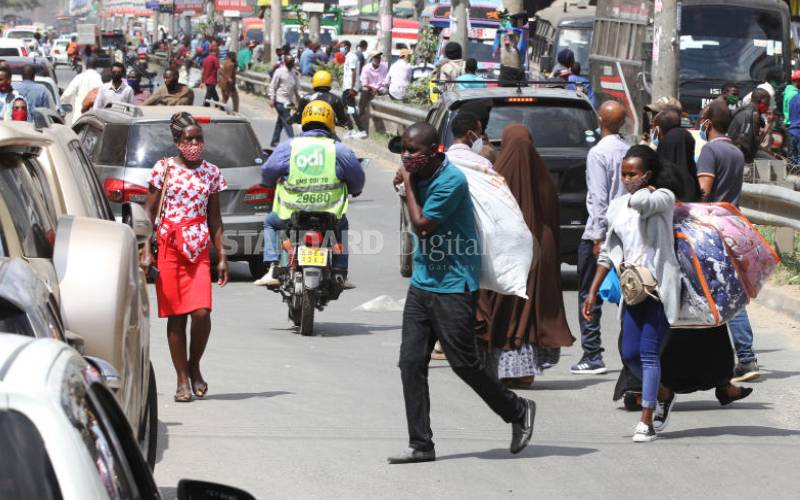
With coronavirus resulting in job losses, some families find themselves at the mercy of Good Samaritans for survival. In Kenya, thousands of people have lost their jobs. From media establishments, manufacturing to the severely affected hospitality industry, job losses continue to rise.
Job losses mean livelihood security is threatened. Families that cannot feed themselves face an existential nightmare. The number of people migrating back to rural areas following the lifting of the cessation of movement into and from Nairobi and Mombasa attests to the nightmare. As we learn from Maslow’s hierarchy of needs, even people who had moved to the third level of love and belonging will drop down to the basic level of achieving physiological needs such as food, shelter and clothing.